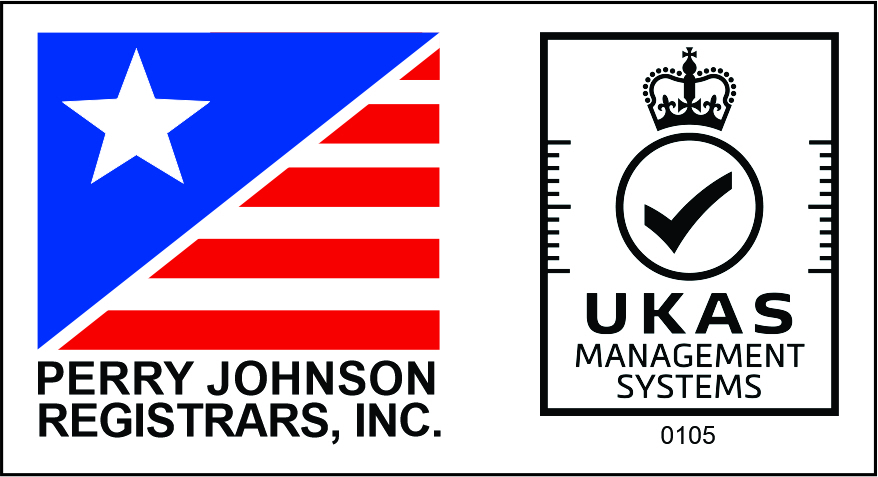Knowledge HubTM
What is monitoring and why is it important for schools?
- Date Posted:
- Written by: Exa Networks

It’s no secret we’re living in a digital age, we’re all glued to the internet whether it’s on our phone, laptop, PC, TV or tablet. It has become one of the most relied upon resources out there for education, work and personal use.
Whilst the internet has multiple benefits we must remain mindful that it also has its pitfalls. From hackers to extremism and bullying to pornography, the internet opens the floodgates to unsavoury, inappropriate and harmful content. With this in mind, the internet may be helping with the development of digital skills in young people, but how safe are they really from the dangers online and what can we do to protect them?
What is monitoring?
Monitoring allows you to keep track of any alarming activity and take appropriate action where concerns are raised. For example, it can detect when a student is accessing an inappropriate site or searching for something such as suicide or self harm. If this occurs it will alert your safeguarding team that someone is in need, allowing you to intervene.
Many will assume that if you have a proficient content filtering system it means you are fully covered, but monitoring takes this one step further. Content filtering and monitoring are complementary solutions which provide different levels of protection, and when used together cover all bases.
Why is monitoring important in education?
Appropriate filtering and monitoring need to be put in place to ensure complete compliance with government guidelines and ultimately ensure your students are prevented from accessing anything obscene or detrimental to their wellbeing.
In the UK it is a legal requirement for educational establishments to provide a safe online learning environment for students. So, you need to bear this in mind and ensure you are meeting the statutory requirements as set out below.
Keeping Children Safe in Education (KCSIE)
Keeping Children Safe in Education (KCSIE) was introduced by the government as a statutory guideline stating schools must implement appropriate filtering and monitoring systems to ensure that students are effectively protected whilst online.
The Prevent Duty
The Prevent Duty is a statutory obligation for schools to keep children safe from the risk of radicalisation and extremism. It states that every teacher must be aware of the risks posed by the online activity of extremist groups, and how social media is being used to encourage young people to travel to Syria and Iraq.
Monitoring services, combined with content filtering ensure you are meeting your safeguarding obligations. Not only will monitoring services alert you about activity to act upon, you can use this information to determine which sites or keywords you should be filtering out. For example, if a new craze appears, the monitoring service will help you know what associated terms your pupils are searching for, and websites they are accessing. This will then allow you to add in these terms and urls to your content filtering service which will block it.





